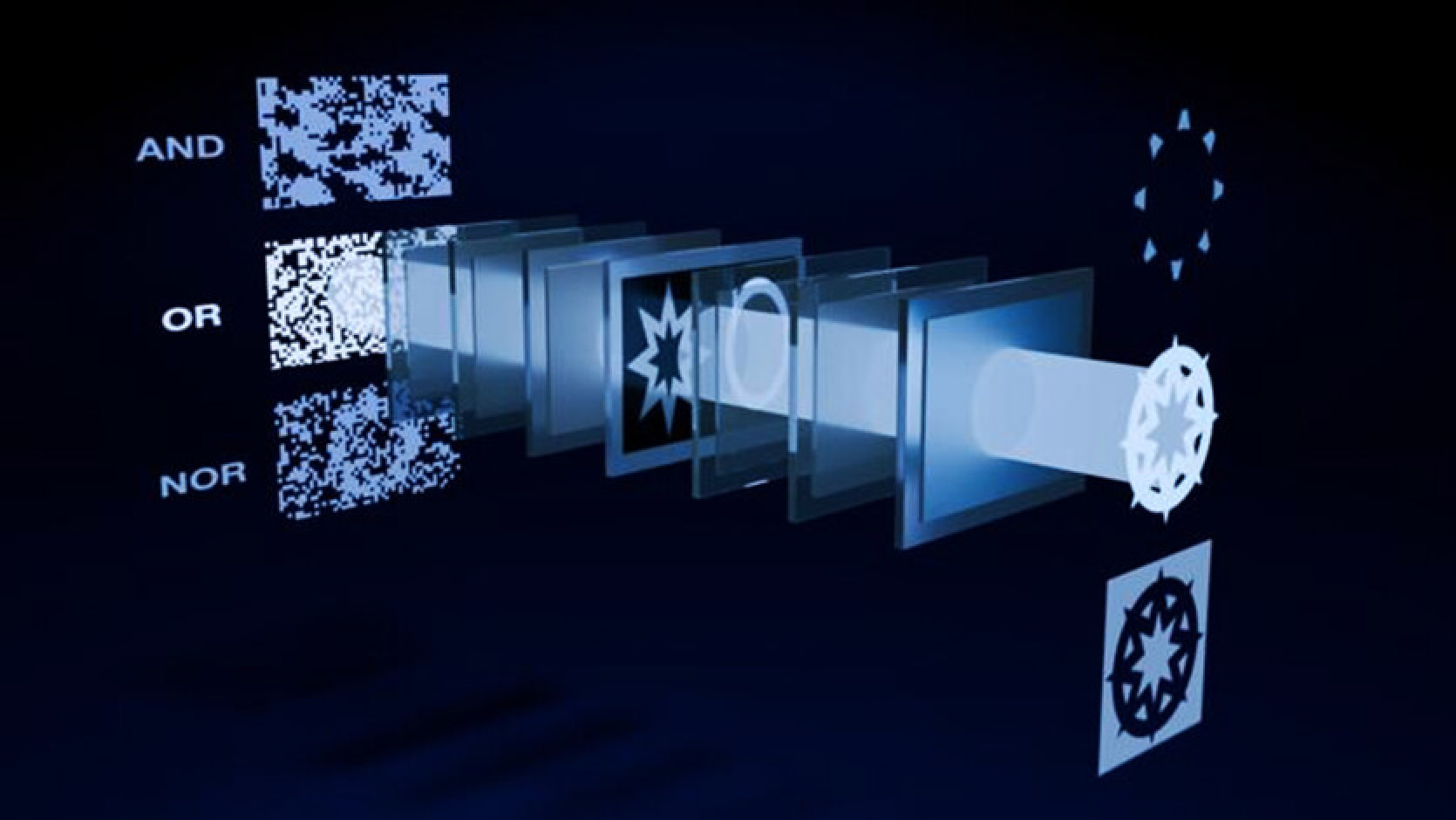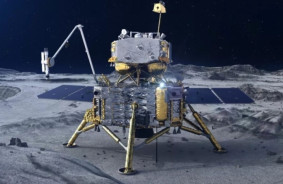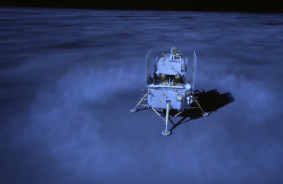According to researchers from the University of Tokyo, a much more powerful optical computer than those currently available may become viable in about ten years.
A new optical computing method called diffraction casting promises faster and more energy-efficient computers that are better suited for energy-intensive technologies like artificial intelligence. The approach proposed by the research team at the University of Tokyo utilizes light instead of electricity. Unlike traditional electronic devices, it operates more efficiently, generates no heat, and is not limited by size constraints.
Diffraction casting employs layers of light to perform computations. The researchers claim that this method is particularly well-suited for image processing and machine learning tasks. The technique is based on 1980s optical computing technology known as shadow casting. However, diffraction casting enhances this by leveraging the properties of light waves, as opposed to bulky geometric shapes, resulting in more compact and flexible computational elements.
The system is still in its early stages, but the team from the University of Tokyo believes it could be commercially available within a decade and may pave the way for next-generation computing. Lead author Ryosuke Mashiko states that diffraction casting will not replace existing computing systems but could complement them in specialized tasks and potentially revolutionize the field. This method could also assist future technologies, such as quantum computing.
“I estimate that it will take about ten years for the technology to become commercially available since much work remains to be done on the physical implementation, which, although based on real work, still needs to be developed. Currently, we can demonstrate the utility of diffraction casting for performing 16 basic logical operations that form the foundation for processing large amounts of information,” Mashiko said.
The diffraction casting method is detailed in a paper published in the peer-reviewed journal Advanced Photonics.
Source: Cybernews














Comments (0)
There are no comments for now